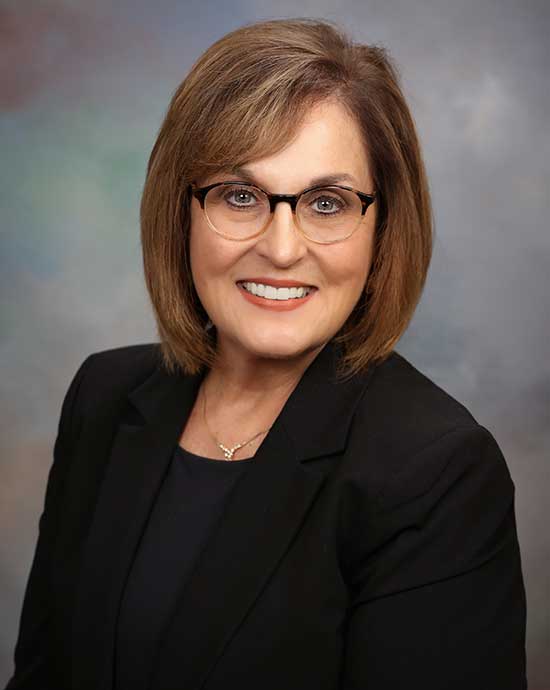MACM provides extraordinary risk management services to its insured physicians. As part of your provider’s liability coverage, these services are offered to you at no extra cost.
Our risk management education includes online CME courses that cover multiple specialties and are MOC approved. W e provide onsite surveys and presentations tailored to the needs of the physicians and clinic. Our Risk Management Departme nt conducts regional programs attended by physicians, nurses, and clinic managers. Our staff h as over 75 years of combined experience in physician and clinic risk management in Mississippi.

Kathy Stone, BSN, RN, CPHRM
Vice President of Risk Management

Anne Everett, MSN, RN
Senior Risk Management Consultant

Judy Cleveland, BSN, RN
Senior Risk Management Consultant

Kim Martin, BSN, RN
Risk Management Consultant



